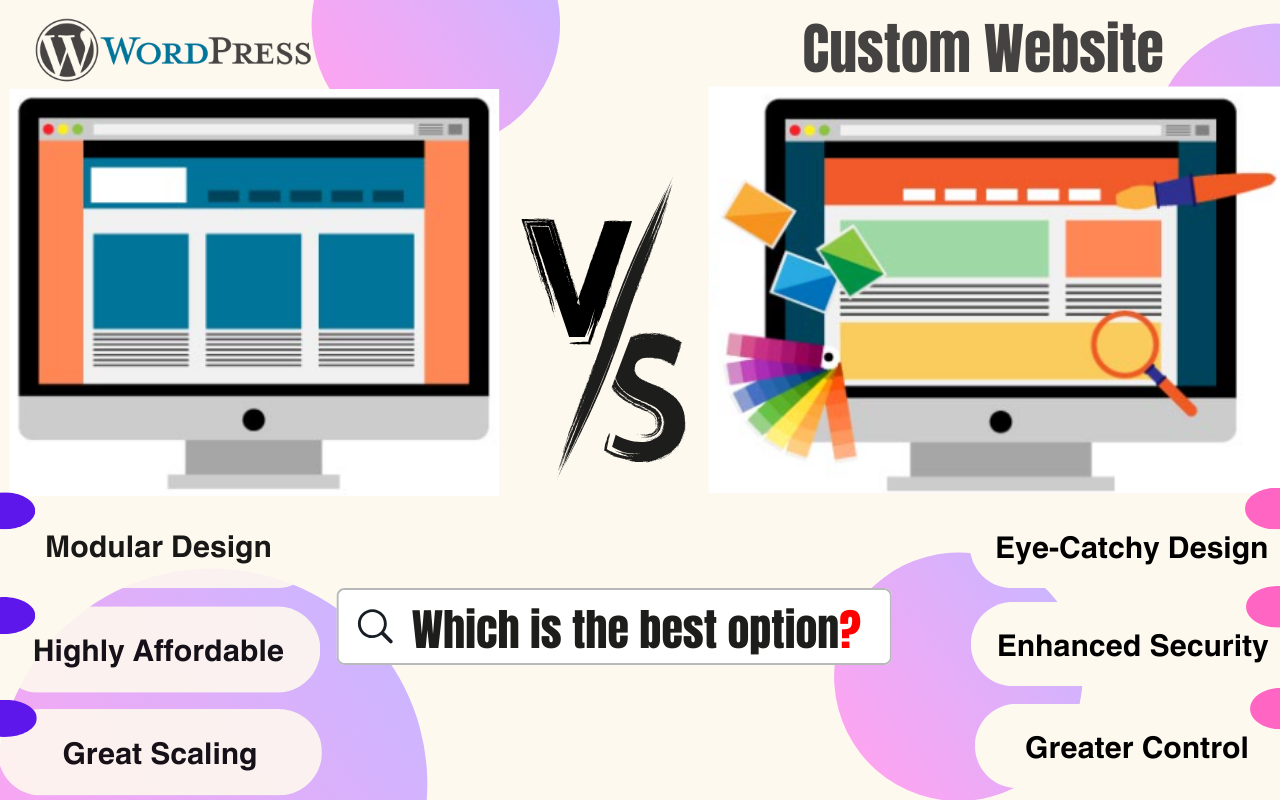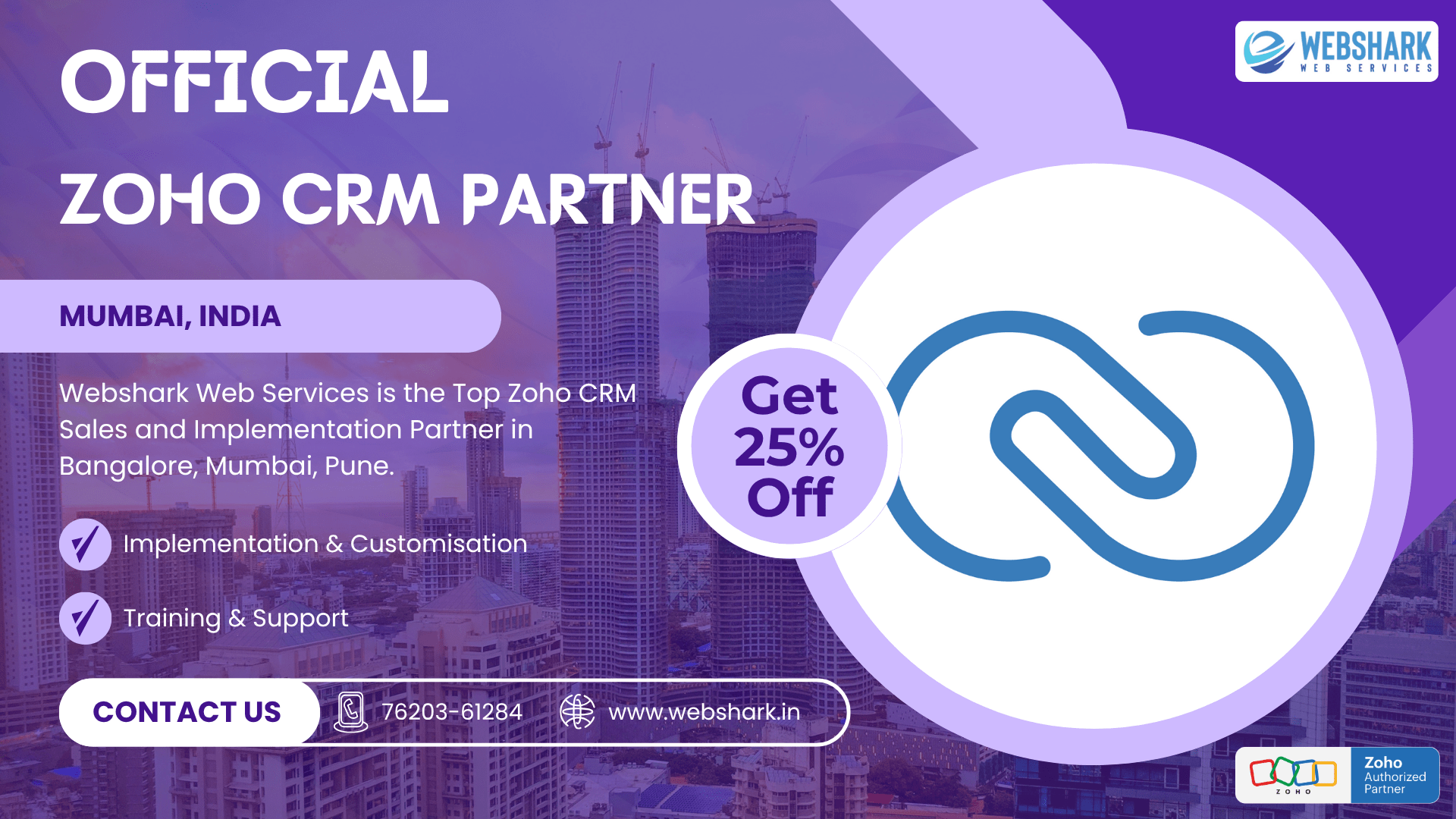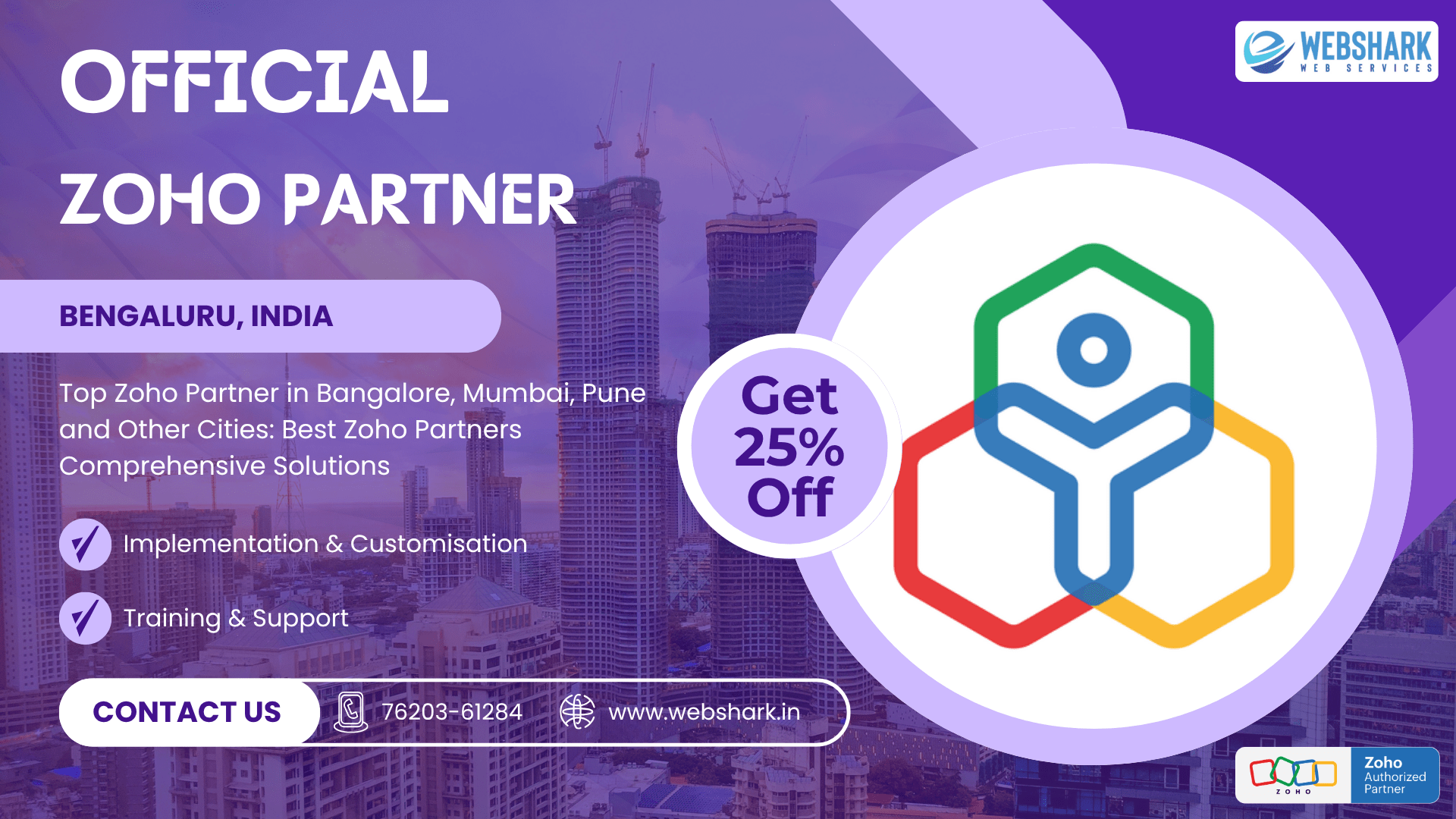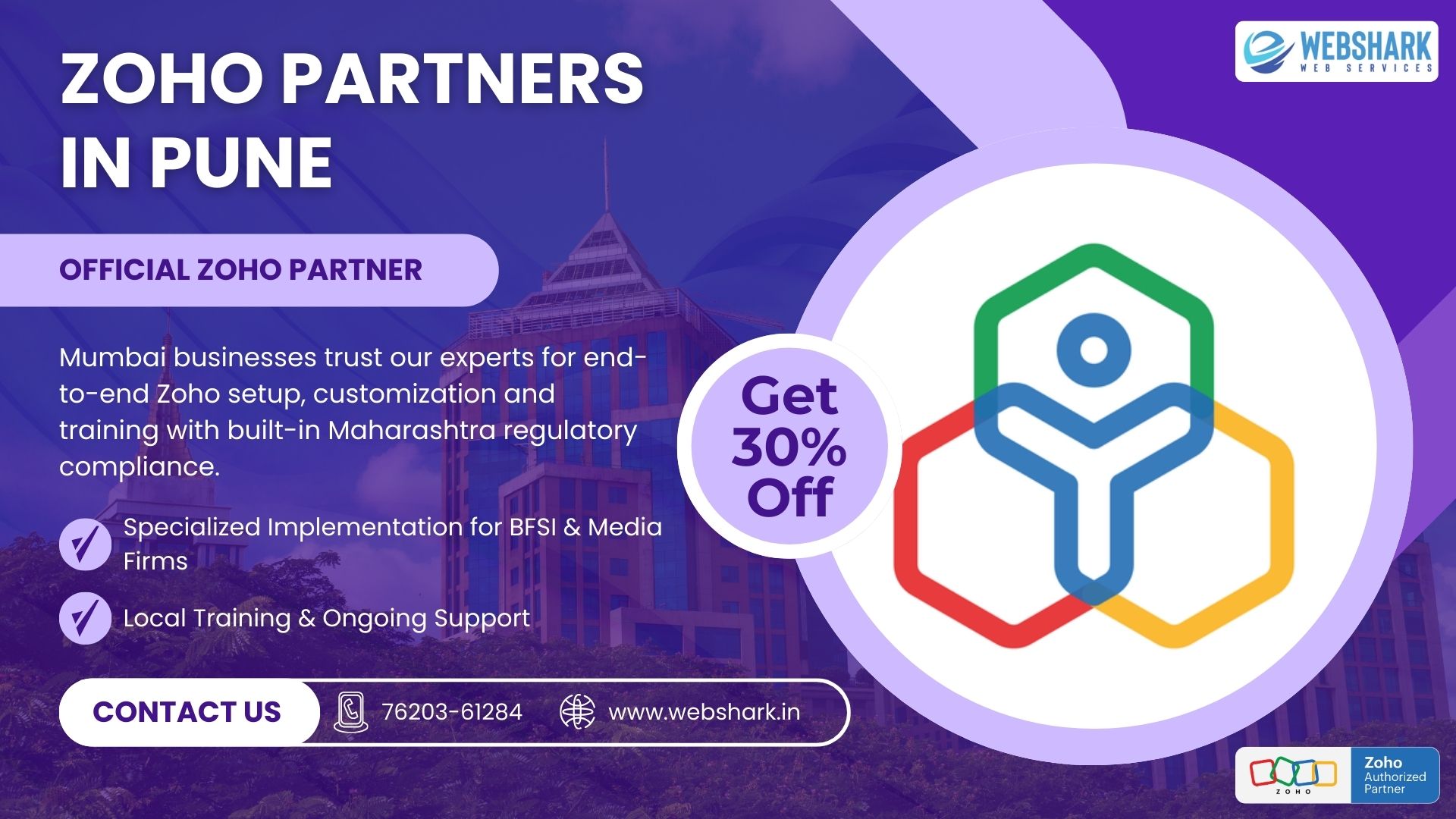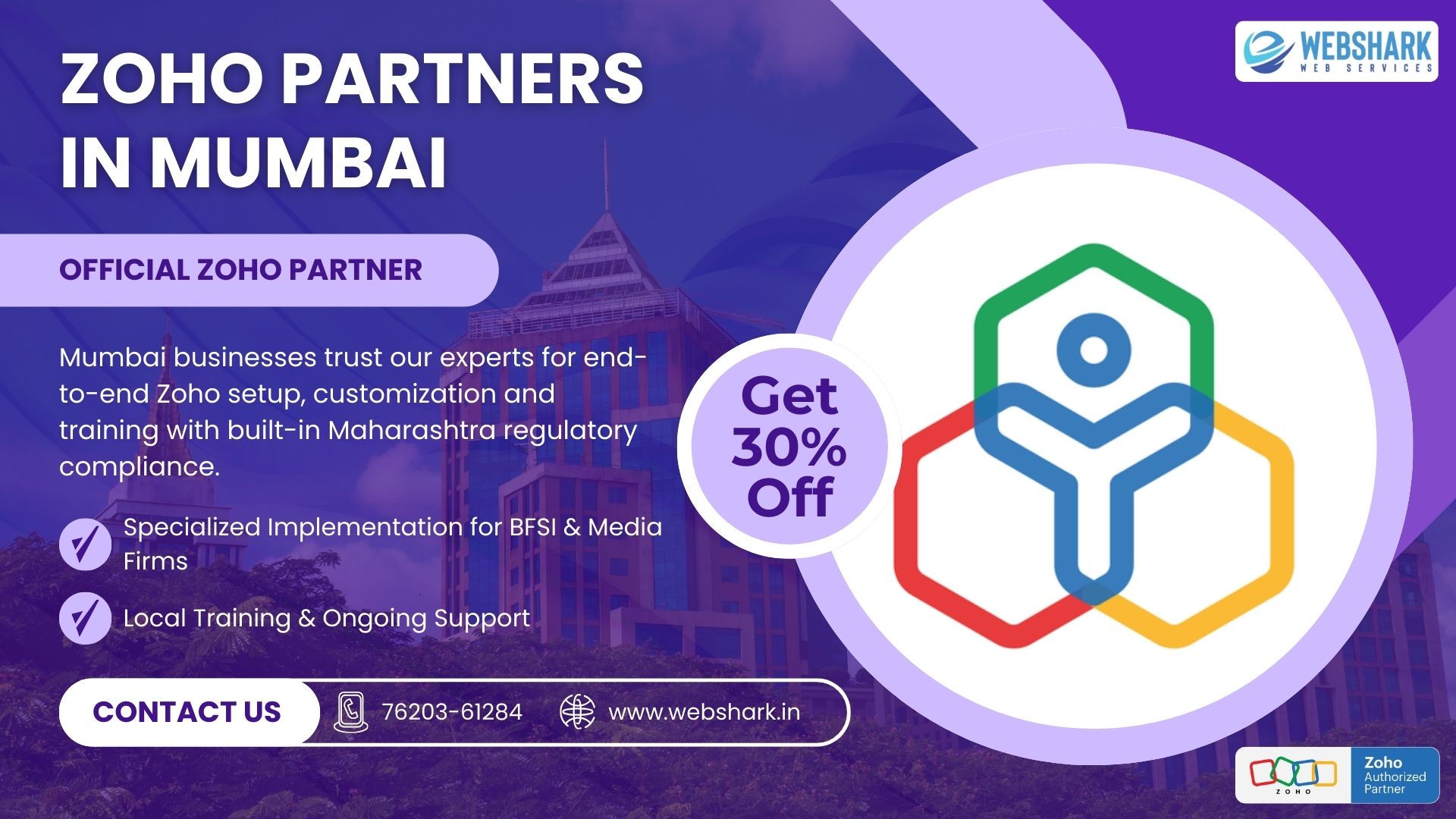Introduction
In today’s digital age, establishing a strong online presence is crucial for businesses of all sizes. When it comes to building a website, one of the key decisions entrepreneurs face is whether to use a platform like WordPress or opt for custom website development. Both options offer unique benefits and considerations, making it essential to evaluate your business needs and objectives before making a decision. Let’s delve into the comparison between WordPress and custom website development to help you choose the right solution for your business.
1. WordPress: Powering Millions of Websites
WordPress is one of the most popular content management systems (CMS) globally, powering millions of websites across various industries. It is known for its user-friendly interface, extensive plugin ecosystem, and customizable themes, making it an attractive option for businesses looking to establish an online presence quickly. With WordPress, you can choose from thousands of pre-designed templates and plugins to customize your website’s look and functionality without the need for extensive coding knowledge. WordPress is a preferred choice for businesses looking to create a website quickly and affordably. According to BuiltWith, WordPress holds a dominant market share of 64.6% among all content management systems.
Advantages of WordPress:
- Ease of Use: WordPress is renowned for its intuitive interface, making it easy for beginners to create and manage their websites without the need for coding skills. The platform offers a range of pre-designed templates and drag-and-drop editors, allowing users to customize their site’s design and layout effortlessly.
- Cost-Effectiveness: WordPress is open-source software, meaning it is free to use and can be installed on any web hosting server. While there may be costs associated with premium themes, plugins, and web hosting, WordPress generally offers a more budget-friendly option compared to custom website development.
- Extensibility: With thousands of plugins available in the WordPress repository, users can enhance their website’s functionality with features such as e-commerce integration, SEO optimization, social media integration, and more. These plugins allow businesses to scale their websites as their needs evolve over time.
- Community Support: WordPress boasts a large and active community of developers, designers, and users who contribute to its ongoing development and provide support through forums, tutorials, and documentation. This community-driven ecosystem ensures that users have access to resources and assistance whenever they encounter issues or need guidance.
Pros of WordPress:
- Ease of Use: WordPress offers a user-friendly interface that allows nontechnical users to manage and update website content with ease.
- CostEffectiveness: WordPress is open-source software, meaning it’s free to use, with the option to choose from thousands of free and premium themes and plugins.
- Scalability: WordPress websites can easily scale as your business grows, with the ability to add new features and functionalities through plugins.
- Community Support: With a vast community of developers and users, WordPress provides extensive support, documentation, and resources for troubleshooting and learning.
Cons of WordPress:
- Limited Customization: While WordPress offers a wide range of themes and plugins, customization options may be limited compared to custom development.
- Security Concerns: Due to its popularity, WordPress websites can be targeted by hackers if not properly secured, requiring regular updates and maintenance.
- Performance Optimization: Some WordPress websites may experience performance issues, particularly with heavy themes or plugins, necessitating optimization efforts.
2. Custom Website Development: Tailored Solutions for Unique Needs
Custom website development involves building a website from scratch, tailored to meet the specific requirements and objectives of a business. While custom development requires more time, resources, and investment upfront, it offers unparalleled flexibility, control, and scalability. According to a survey by Clutch, 58% of businesses prioritize website functionality over design when investing in custom development.
Advantages of Custom Website Development:
- Unique Branding and Design: Custom websites allow businesses to create a unique and memorable online presence that reflects their brand identity and values. Unlike pre-designed templates, custom websites are built from the ground up, ensuring that every element is tailored to the client’s specific needs and preferences.
- Scalability and Flexibility: Custom websites are highly scalable and flexible, allowing businesses to add new features, functionalities, and integrations as their needs evolve over time. Unlike off-the-shelf solutions, custom websites are not limited by the constraints of pre-existing templates or plugins, giving businesses full control over their digital presence.
- Performance and Security: Custom websites are optimized for performance and security, ensuring fast loading times, smooth user experiences, and robust protection against cyber threats. By adhering to industry best practices and implementing tailored security measures, businesses can safeguard their website and data from potential vulnerabilities.
- SEO Optimization: Custom websites can be optimized for search engines from the ground up, ensuring maximum visibility and ranking potential in search engine results pages (SERPs). By incorporating SEO best practices into the website’s structure, content, and codebase, businesses can attract more organic traffic and generate leads effectively.
Pros of Custom Website Development:
- Unlimited Customization: Custom development allows businesses to create a unique, branded online presence tailored to their specific needs and objectives.
- Enhanced Performance: Custom-built websites are optimized for performance, speed, and user experience, resulting in higher search engine rankings and lower bounce rates.
- Scalability and Flexibility: Custom websites can easily adapt to evolving business needs, integrating new features and functionalities seamlessly.
- Security and Reliability: Custom development offers greater control over security measures, reducing the risk of vulnerabilities and cyber threats.
Cons of Custom Website Development:
- Higher Cost: Custom development projects typically require a larger upfront investment compared to using a platform like WordPress.
- Extended Timeline: Building a custom website from scratch may take longer than using prebuilt solutions like WordPress, delaying time to market.
- Maintenance and Updates: Custom websites require ongoing maintenance, updates, and support to ensure optimal performance and security.
Choosing the Right Solution for Your Business:
- When deciding between WordPress and custom website development, it’s essential to evaluate your business’s specific needs, goals, and resources. Here are some factors to consider:
- Budget: WordPress is generally more cost-effective upfront, making it a suitable option for small businesses and startups with limited budgets. Custom website development, on the other hand, may require a more significant initial investment but offers long-term value and scalability.
- Branding and Design: If you prioritize unique branding and design elements, custom website development may be the better choice, as it allows for complete customization and creative freedom. However, if you’re looking for a quick and straightforward solution, WordPress offers a wide range of pre-designed templates and themes to choose from.
- Functionality and Features: Consider the specific features and functionalities you need for your website, such as e-commerce capabilities, membership portals, or custom integrations. While WordPress plugins can extend the platform’s functionality, custom development provides unlimited flexibility to create bespoke solutions tailored to your business requirements.
- Maintenance and Support: WordPress websites require regular updates, maintenance, and security monitoring to ensure optimal performance and security. While WordPress’s extensive community support can be beneficial, custom websites may offer more personalized support and maintenance services tailored to your business’s needs.
Conclusion: Making the Right Choice for Your Business
In conclusion, the decision between WordPress and custom website development ultimately depends on your business’s unique needs, goals, and budgetary constraints. If you’re looking for a cost-effective, user-friendly solution with a wide range of features and functionalities, WordPress may be the ideal choice. However, if you require unparalleled customization, performance, and control over your online presence, custom development offers the flexibility and scalability needed to achieve your objectives.

